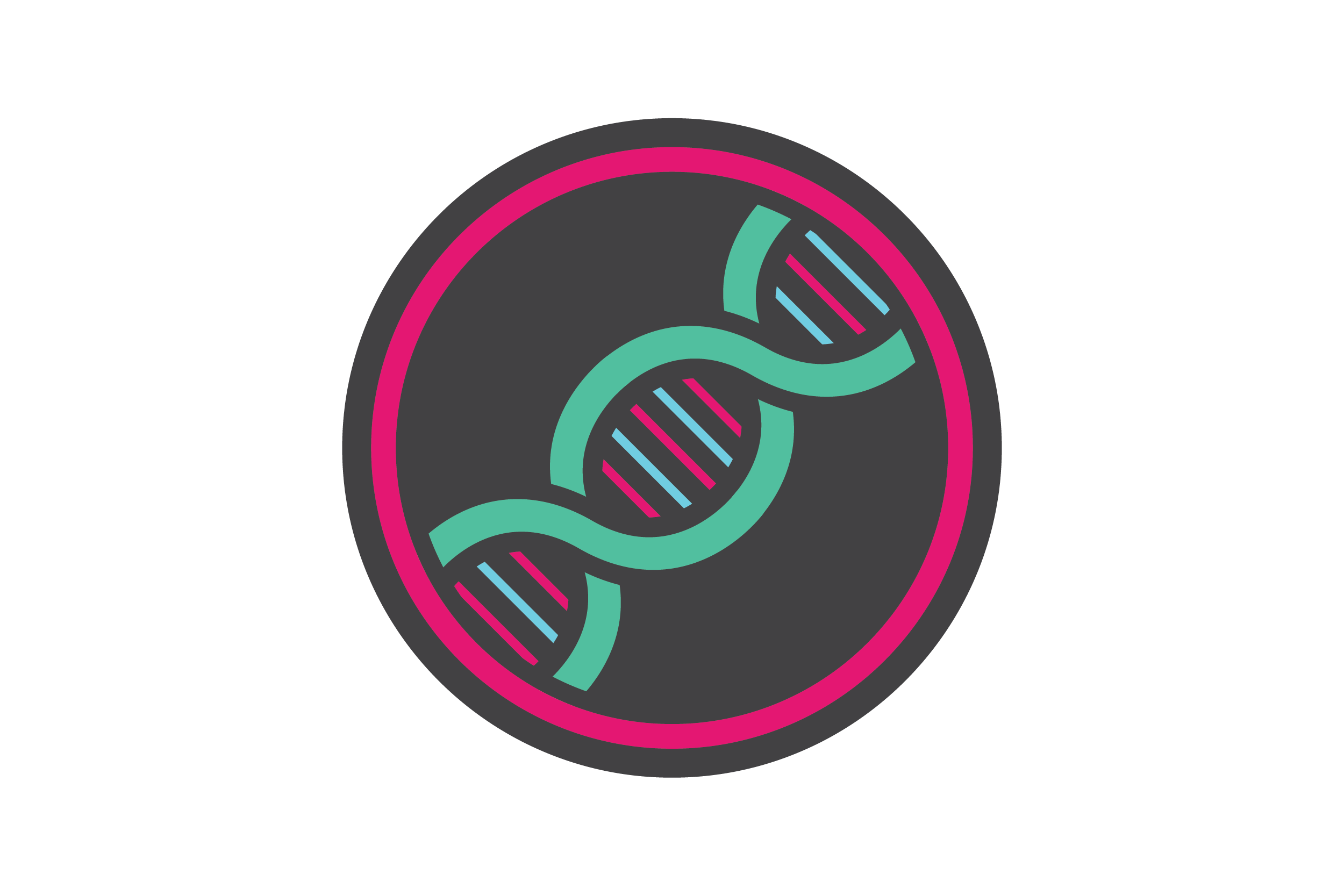Ecological study estimating melanoma overdiagnosis in the USA using the lifetime risk method – Adewole S. Adamson et al.
The objective of this study is to quantify the proportion of melanoma diagnoses (invasive and in situ) in the USA that might be overdiagnosed. In this ecological study, incidence and mortality data were collected from the Surveillance, Epidemiology and End Results 9 registries database. DevCan [...]


